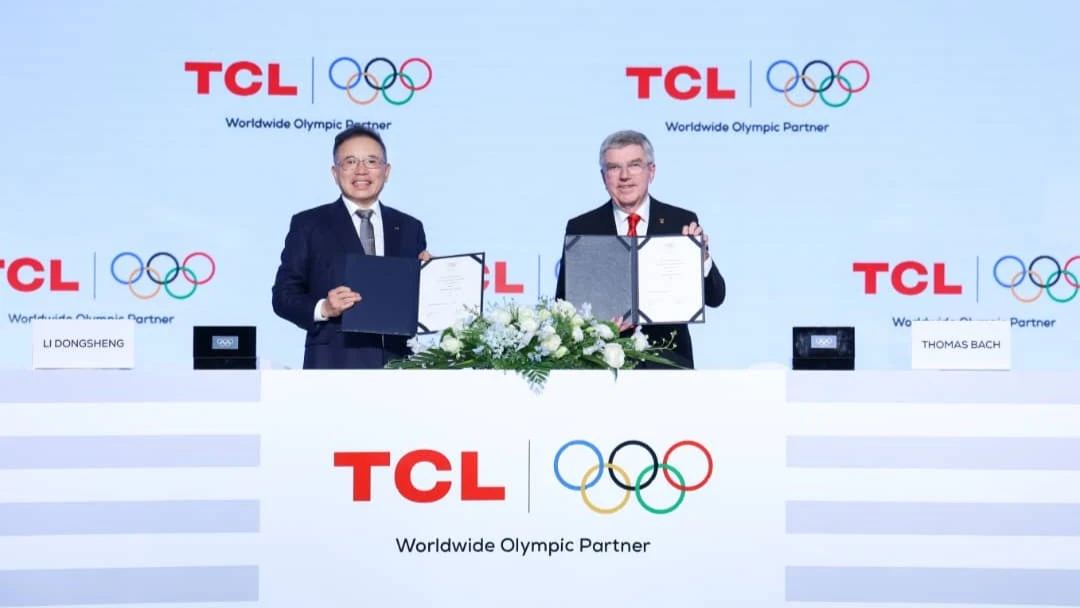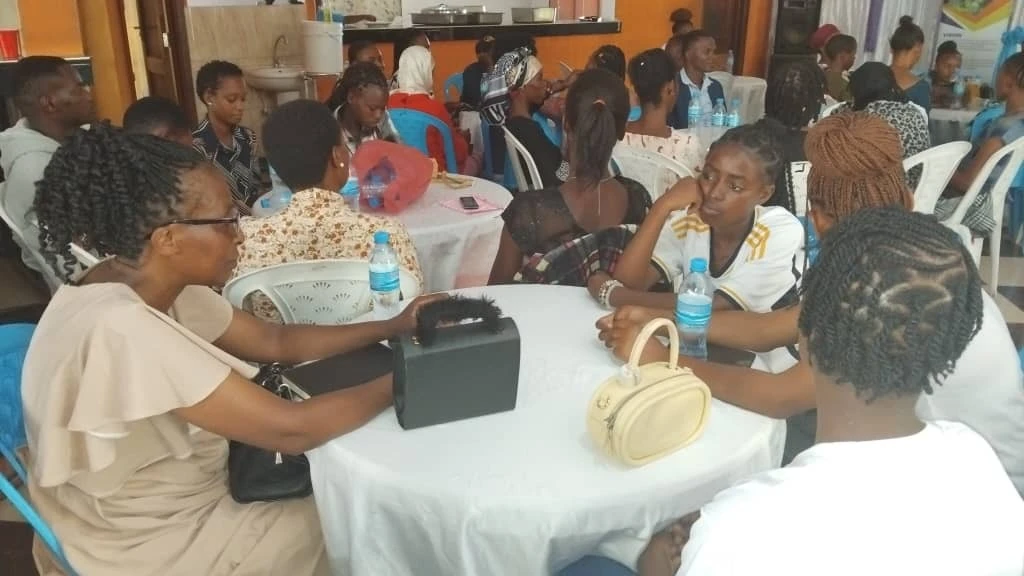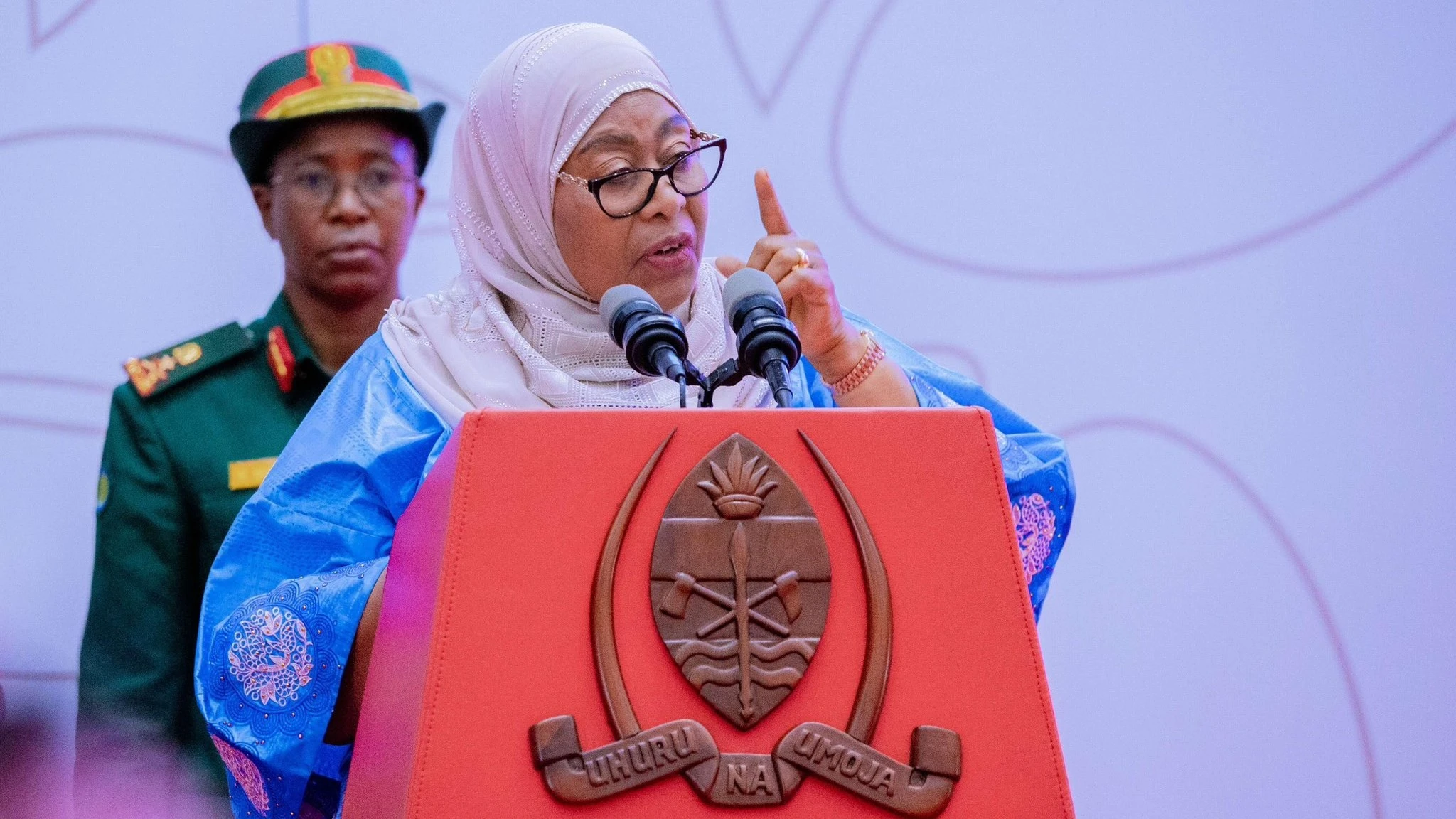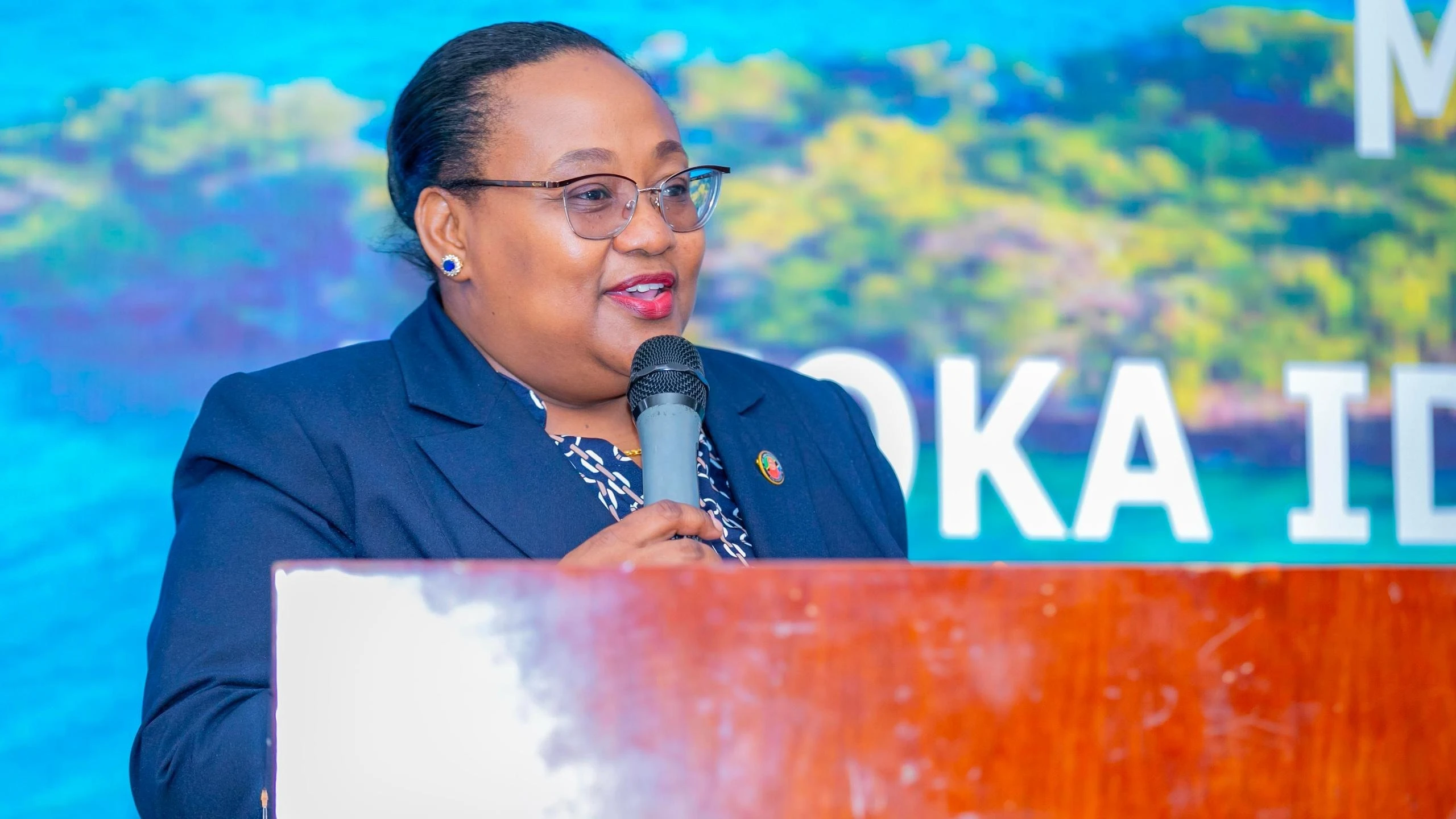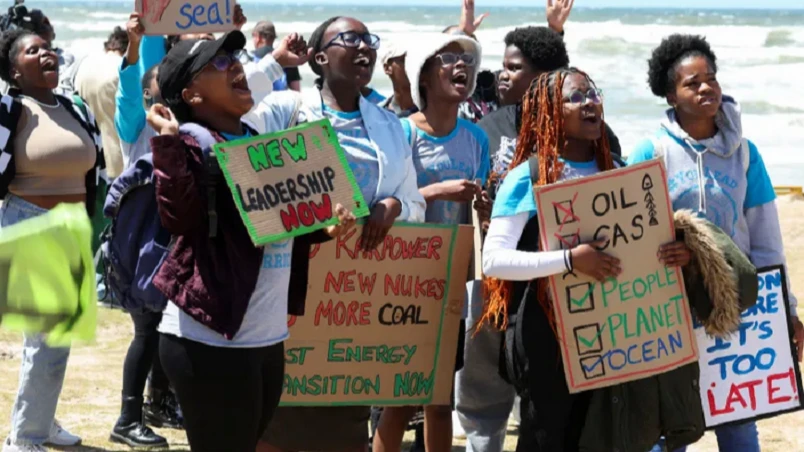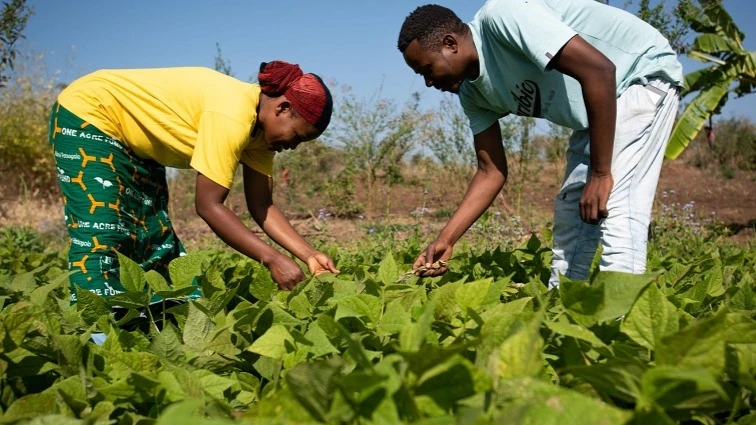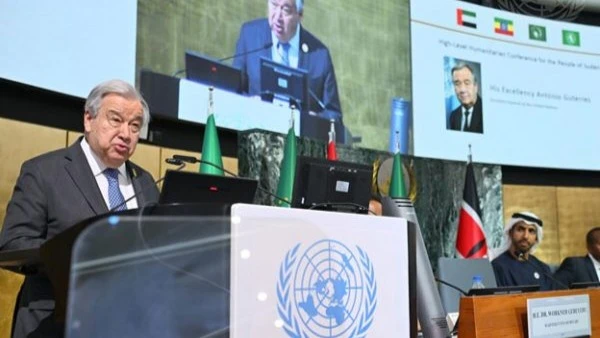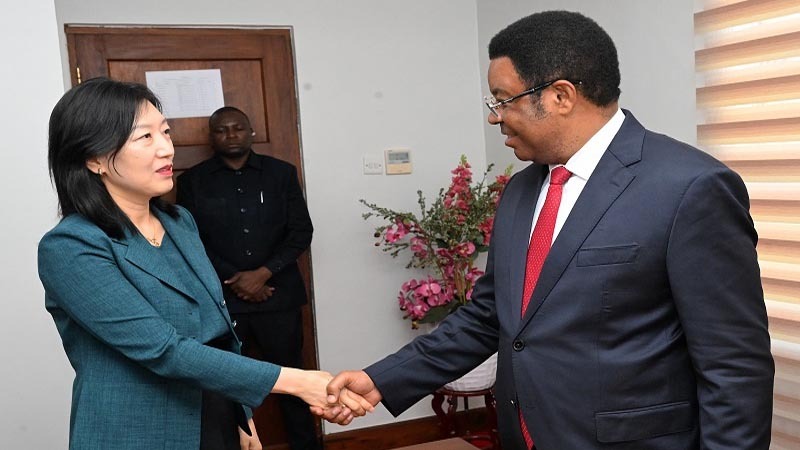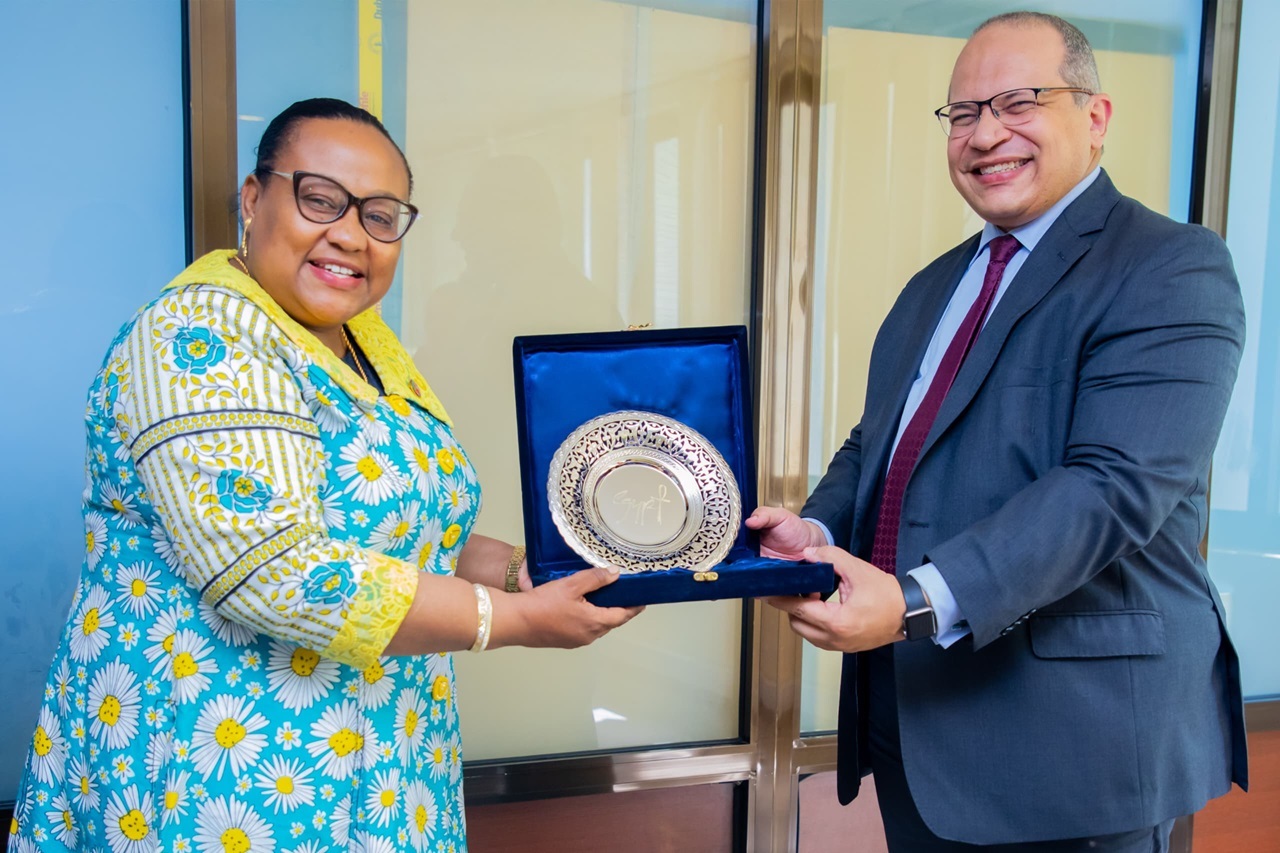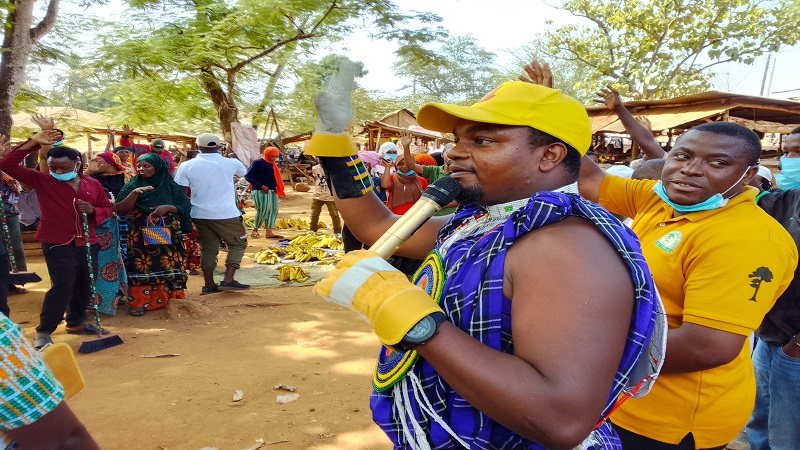Samia urges Africa to process coffee locally by 2035
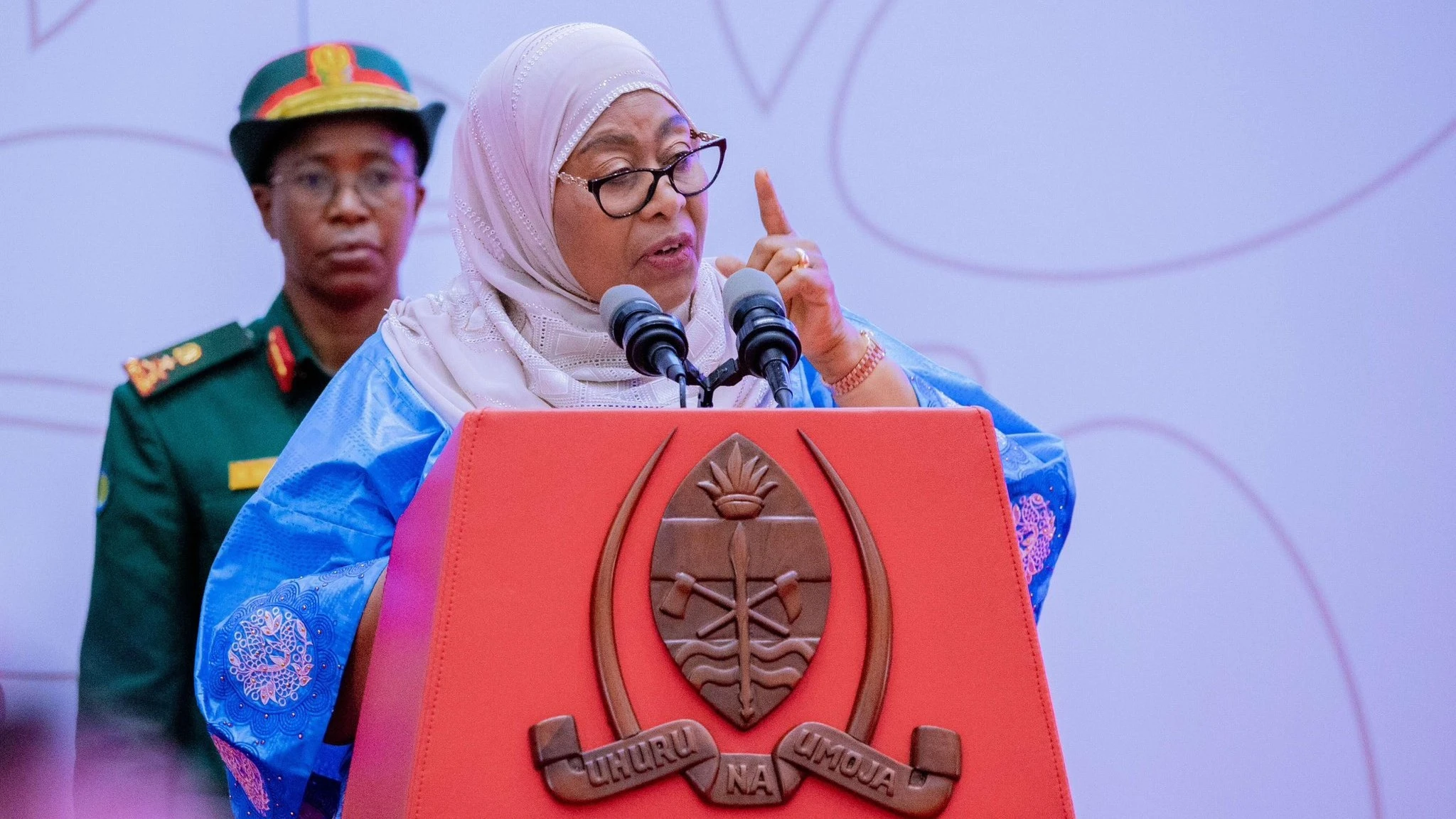
PRESIDENT Samia Suluhu Hassan has suggested to African coffee-producing countries to ensure that at least 50 percent of their coffee is processed within the continent by 2035 to boost revenue and create employment.
She made the remarks in Dar es Salaam today February 22, 2025 while closing the 3rd G25 Coffee Summit where leaders adopted the Dar es Salaam Declaration—a landmark commitment to transform Africa’s coffee sector.
The summit, themed "Unlocking Employment Opportunities for Youth through the Regeneration of the African Coffee Industry," brought together key stakeholders to discuss strategies for revitalizing the industry.
Participating countries included Kenya, Burundi, Rwanda, Uganda, South Africa, Benin, Togo, Cameroon, Gabon, Ethiopia, Zimbabwe, and Tanzania as the host nation, among others.
President Samia emphasized that value addition is crucial to increasing revenue, as processed coffee commands higher prices in global markets.
She warned that exporting raw coffee beans not only limits Africa’s economic gains but also transfers employment opportunities to other countries.
"Despite being the birthplace of coffee, Africa earns only $2.5 billion annually from coffee exports—a small share of the $500 billion global coffee trade," President Samia said.
She noted that over 90 percent of African coffee is exported as raw beans, with minimal local processing.
The Head of State urged also African nations to invest in coffee processing industries to increase value addition, enhance intra-African coffee trade to boost regional collaboration and improve research and extension services to support farmers and drive innovation.
Agriculture Minister Hussein Bashe highlighted the importance of strengthening the coffee value chain to increase revenues.
Ambassador Solomon Rutega, Secretary-General of the Inter-African Coffee Organisation (IACO), emphasized the need for African nations to control their coffee value chain.
"Much of Africa’s coffee is processed abroad and sold back to us at high prices. We must change this reality," Rutega stressed.
Tanzania produces approximately 30,000 to 40,000 metric tonnes of coffee annually.
Arabica coffee accounts for 70 percent of total production, while Robusta makes up 30 percent.
Smallholder farmers contribute 90 percent of the country’s coffee output, with the remaining 10 percent coming from larger estates primarily located in the Arusha, Kilimanjaro, and Mbeya regions.
Top Headlines
© 2025 IPPMEDIA.COM. ALL RIGHTS RESERVED









